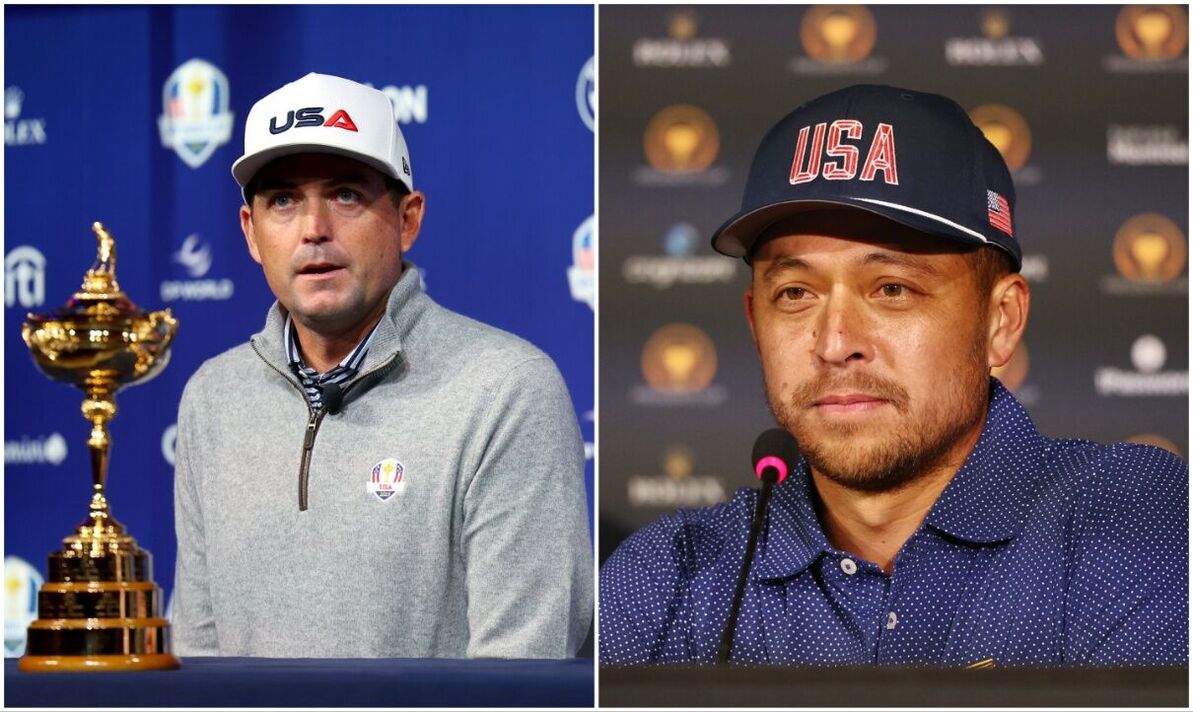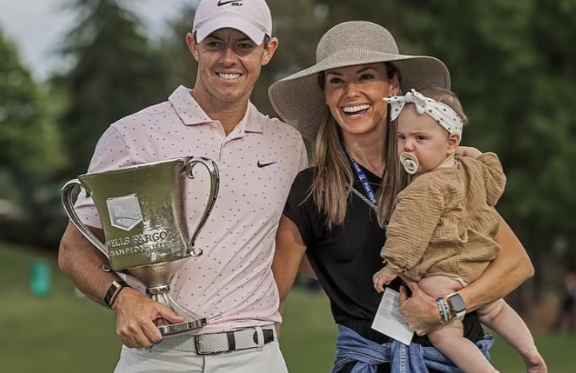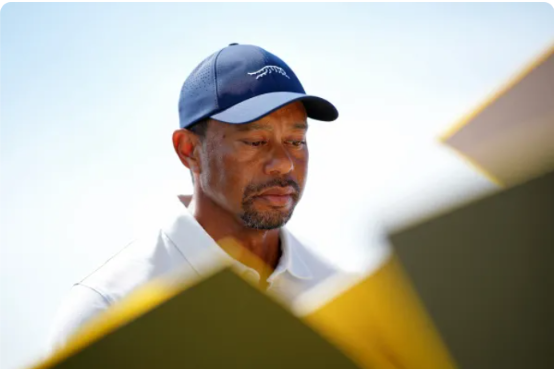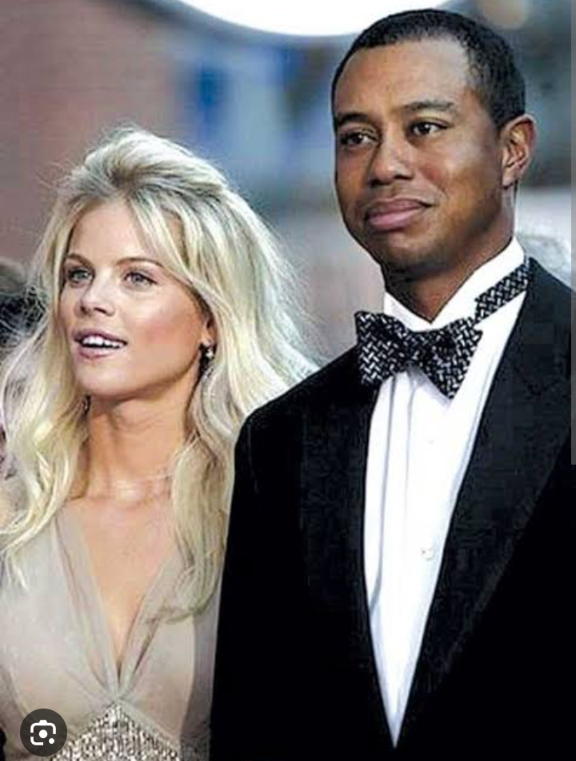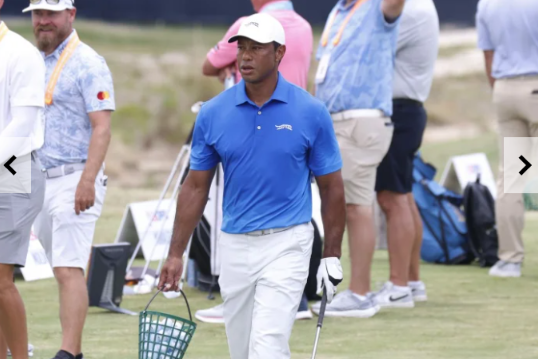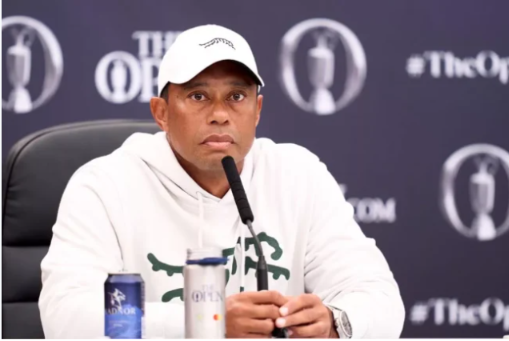US Ryder Cup captain Keegan Bradley dismisses Xander Schauffele complaints
Xander Schauffele, one of the star players for the U.S. Ryder Cup team, has expressed a desire for changes to be made to off-course commitments that could allow players to focus more on their performance at the tournament. In particular, he has suggested reducing the number of team dinners and other obligations, which he feels…
Xander Schauffele, one of the star players for the U.S. Ryder Cup team, has expressed a desire for changes to be made to off-course commitments that could allow players to focus more on their performance at the tournament. In particular, he has suggested reducing the number of team dinners and other obligations, which he feels can distract from the intense competition. Schauffele, who has been a key player for the team and enjoyed a stellar season in 2024, raised these concerns earlier this year, ahead of The Open in July.
“I would be the first guy to admit that I need to flee quickly,” Schauffele remarked, referring to his reluctance to linger at team dinners and similar events. He suggested that such functions could be simplified—perhaps kept brief and held indoors—to minimize the disruption to the players’ focus and routine. He pointed out that reducing the number of mandatory dinners from three to one or two could make a significant difference, helping players like himself to stay more mentally and physically prepared for the competition.
The comments caught attention, and they were brought up to Keegan Bradley, who will captain the U.S. team for the 2025 Ryder Cup at Bethpage Black. Bradley, while acknowledging Schauffele’s perspective, struck a more traditional tone. During a Ryder Cup press conference in New York, Bradley diplomatically responded by saying that such commitments are simply part of the event and something players must adjust to.
“Listen, you come into a Ryder Cup and you know you have a lot of obligations,” Bradley said. “You’re going to have to do things that you wouldn’t normally do at a major week—that is part of the deal.” He emphasized that, while Schauffele may have a point, the environment surrounding the Ryder Cup is inherently different from regular tour events or even major tournaments. Players have to accept the additional duties that come with representing their country in such a prestigious event.
Bradley was quick to praise Schauffele’s leadership within the team. “Xander is a leader of the U.S. Team. He is a guy that everyone on the team looks up to, including their captain. He’s just an unbelievable person and a critical part of our team. I think when he says that, he’s just trying to look out for his other teammates.” Bradley added that Schauffele’s influence goes beyond his performance on the course, as he plays a vital role in fostering team spirit in the locker room as well.
Schauffele’s concerns stem from his experience of playing in two previous Ryder Cups. He was part of the U.S. team that triumphed at Whistling Straits in 2021 and the squad that faced a tough defeat at Marco Simone Golf & Country Club in 2023. Having witnessed both victory and defeat, Schauffele is clearly thinking about what can be done to give his team the best possible chance to succeed when the Ryder Cup returns to the U.S. in 2025.
Schauffele’s rise to prominence in 2024, winning both the PGA Championship and The Open, has solidified his place as one of the top players in the world. Currently ranked second globally, he is a key figure for Team USA and will be competing in his third consecutive Ryder Cup. Despite his suggestions regarding team obligations, Schauffele’s commitment to the U.S. team is unquestionable, and his ability to balance leadership with individual excellence will be crucial when the Ryder Cup tees off at Bethpage Black next year.
Bradley’s reminder that some traditions and obligations are “part of the deal” highlights the unique nature of the Ryder Cup. It’s not just another tournament—it’s a team event, where national pride and camaraderie come to the fore. And while Schauffele’s recommendations might not be immediately adopted, his willingness to speak up for his fellow teammates reflects his growing leadership role within the U.S. squad.
As the U.S. team prepares for 2025, the balance between off-course duties and on-course focus will remain a key issue, especially with influential figures like Schauffele advocating for change. Whether or not those changes materialize, one thing is certain: with leaders like him on the team, the Americans will enter the competition with both talent and unity on their side.
